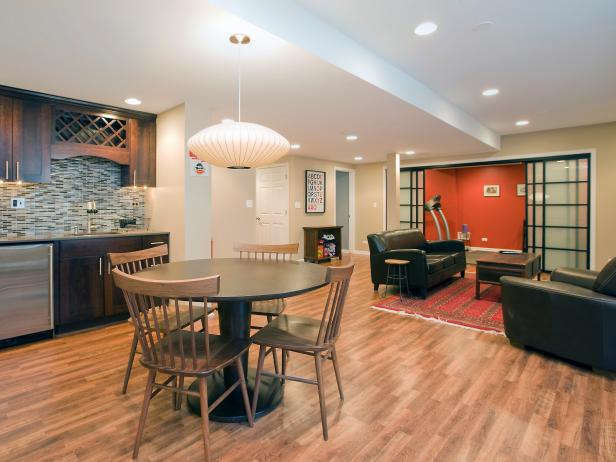Managing a Basement Remodel

It's possible to manage your own basement project from start to finish rather than hiring a general contractor, but it's not for everybody.
If you're trying to save money, Steve Iverson, owner of Finished Basements Plus, recommends pitching in on labor rather than trying to juggle the entire project yourself. But if you love creating custom spreadsheets, solving problems and working with people, here are a few tips for surviving your basement project.
Hire an architect to design the space.
Your first order of business should be figuring out what your priorities are in terms of design and making sure your plan adheres to building codes, such as those for egress windows. Get the design in place before you begin hiring subcontractors.
Design a customized spreadsheet to track the project.
You'll need to be able to see pending payments, shipments and deadlines at a glance.

Choose products designed for basements, such as paneled wall systems.
Think like a professional contractor and forgo traditional studs and drywall in this moisture-laden environment. Wall systems designed specifically for basements will insulate, inhibit mold, and create far less dust and debris in your house for the duration of the project.
Go by the book with permits.
You'll need to file for the main building permit. Don't be tempted to skip it. Permits for portions of the project will require contractors with separate licenses, such as the plumber and the electrician. Contractors doing the work will pull permits filed under your general permit.
Write out a thorough scope of work for each contractor you hire.
Have a complete plan in place that won't change in the middle of construction. "Everybody should know from beginning to end what his or her responsibilities are," Steve says. "Change orders in the middle of work delay things longer than you think they will." The single biggest thing you can do to ensure success is maintain constant communication.
Expect wrinkles and potential delays.
Coordinating subcontractors and the delivery of materials — and negotiating the inevitable delays that occur along the way — is the most difficult aspect of managing the project yourself.
Give yourself some cushion. Depending on the scope of your project, expect it to take six to 12 weeks to complete rather than the two to six weeks you'd expect if you hired a pro.













































